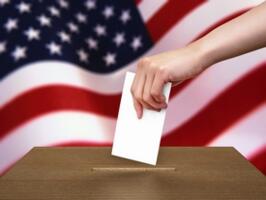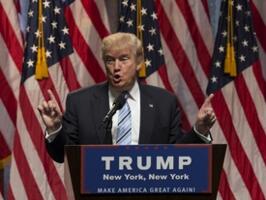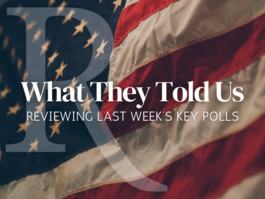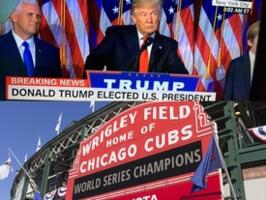Most Say Recount Unlikely to Take Away Trump’s Win
Most Democrats welcome a presidential vote recount in three key states; most Republicans and unaffiliated voters do not. But the majority of voters in all three groups think a recount is unlikely to reverse Donald Trump’s victory. (To see survey question wording, click here.)











